Warning: this article contains spoilers for Black Mirror season 6.
After a long, long wait, the new season of Black Mirror dropped yesterday, and generally speaking, audiences and critics were left pretty happy, even as some curmudgeons moaned online about the show not being exactly the same as it was a decade ago. Season 6 saw a slight departure from Black Mirror’s usual formula of being focused on sci-fi, with a couple of the episodes veering into straight-up horror. This led to some mixed results (as you’ll see below), with some of the new genre being executed to near perfection, whereas other elements felt a little too tacked on and underdeveloped.
However, the implications of ever-evolving technology and how it impacts society and the human condition were still explored in numerous ways throughout the season, so if that’s what you signed up for as a fan of the show, then you’ll still get your fix.
If you’re yet to watch the newest season of the Charlie Brooker anthology series, or you have seen it and want to loudly complain about some writers’ opinions about the show and need a jumping-off point, here’s our list of all of the Black Mirror season 6 episodes, ranked.
5. “Mazey Day” (Episode 4)

“Mazey Day” gave major Nightcrawler vibes, and if this episode had gone in another direction it could have been an intriguing exploration of celebrity and tabloid culture, and how our parasitic interest in the rich and famous has a real-life impact. Episode 4 stars the excellent Zazie Beets (Atlanta) as Bo, a faltering member of the paparazzi, who leaves the profession after she causes a scandal for an actor and he kills himself. However, when a Hollywood starlet named Mazey Day begins acting erratically on set and then goes into hiding, Bo is convinced to seek her out for one last, massive payday. Her mission leads her to a mysterious rehab center, where she finds the actress chained up.
What could have been an interesting meditation on the press in the early 2000s, in the era of Paris Hilton’s sex tape and other voyeuristic practices that were culturally sanctioned, soon morphs into an out-and-out horror film, as it transpires the missing actress was attacked by a werewolf and has become one of the creatures. Whatever Brooker was trying to say in this episode (perhaps reversing the nature of the celeb/paparazzi relationship, as Mazey eviscerates several men with cameras while on her wolfish rampage) gets lost in the whiplash of the werewolf reveal. The audience is basically given no clues that it’s happening until it does, so the twist feels a little unearned. However, it’s a tight episode, buoyed by Beets giving a dark but brilliant performance. And, most importantly, the final scene is genuinely chilling, even though it contains no monsters or ghouls.
4. “Beyond the Sea” (Episode 3)
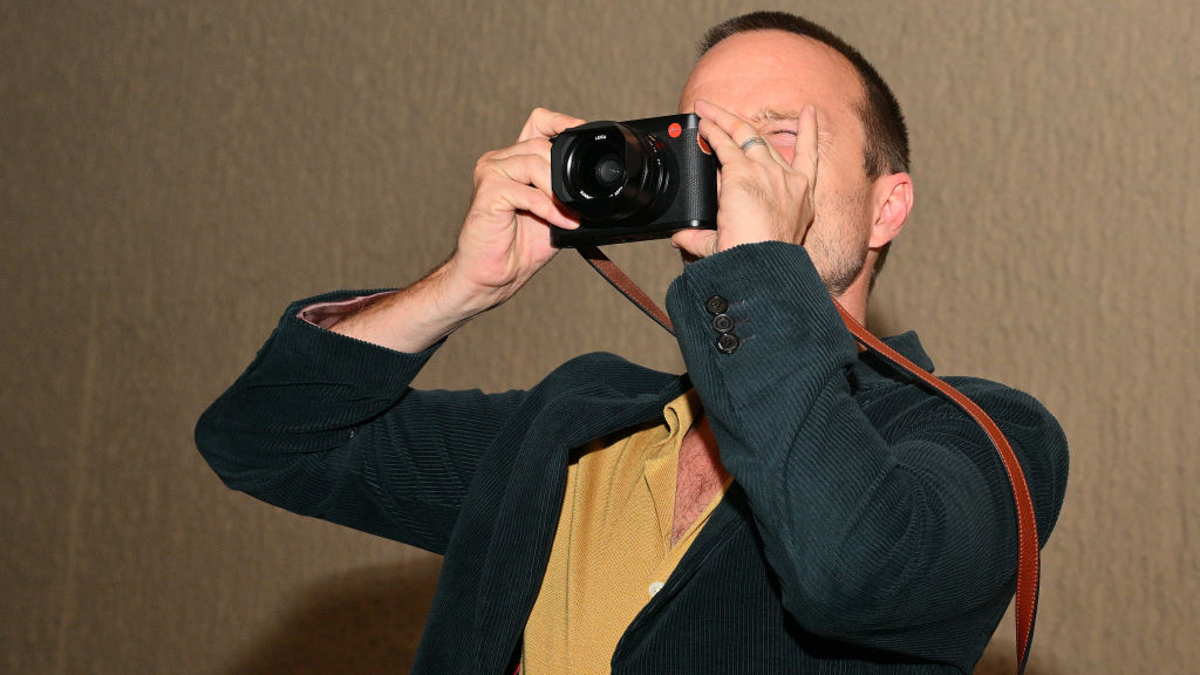
A lot of people might disagree with “Beyond the Sea” being placed here, but, aside from a phenomenal performance by Breaking Bad and Bojack Horeseman star Aaron Paul, the episode doesn’t really do anything we haven’t seen in Black Mirror previously. The plot of this movie-length episode (80 minutes or so) follows two astronauts, Dave and Cliff (Paul and Josh Hartnett, also fantastic in the role). Set in the ‘sixties’60s, the pair are on an undefined mission out in space, but using a new form of technology can beam their consciousness back to robotic replicas back on earth, so don’t have to deal with the isolation of deep space. However, tragedy strikes as a Luddite cult breaks into Cliff’s home, murdering his family and destroying his replica because they think the technology is too unnatural.
Worried about Cliff’s mental health, Dave allows Cliff to use his replica so that he can once again experience Earth. This becomes a recurring thing between the pair, and soon Cliff attempts to seduce Dave’s wife, while in Dave’s body. She resists his advances, and after an altercation between the two astronauts, we’re left with one of the bleakest endings in the entire show, which is saying something. While the episode is engrossing, and Paul is exceptional as Dave and Cliff in Dave’s body, the ending is fairly obvious, albeit completely earned.
3. “Joan is Awful” (Episode 1)
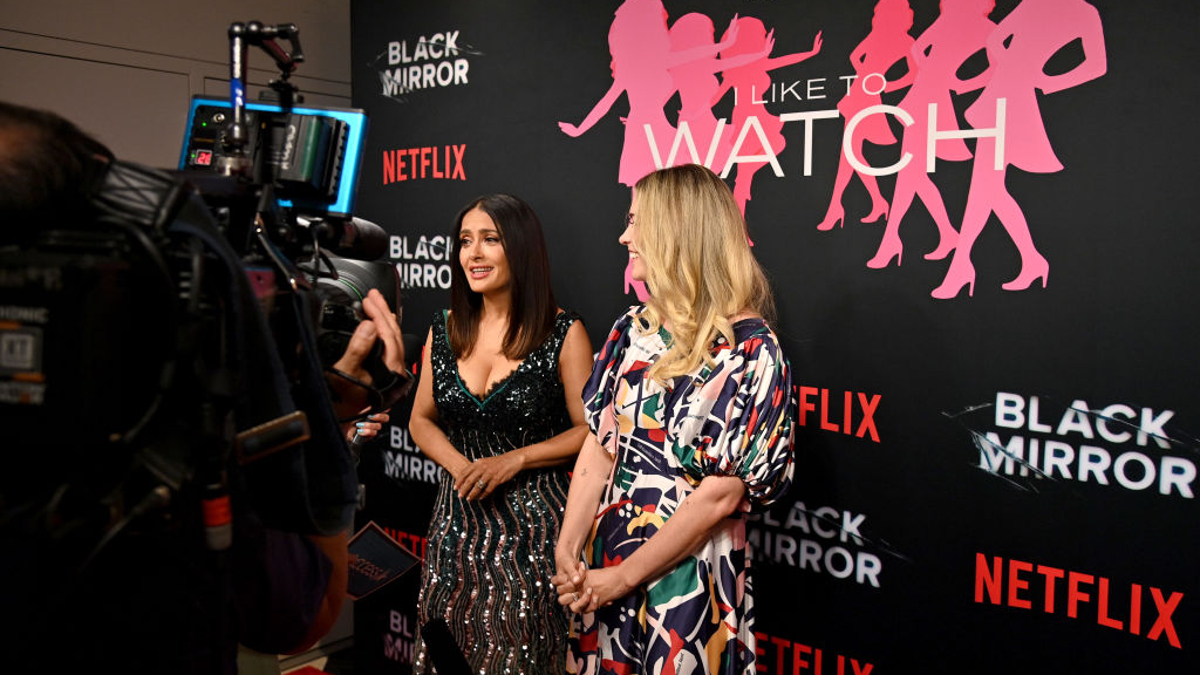
There was a shocking amount of comedy in this season of Black Mirror, and a large proportion of it was focused on this highly meta, truly hilarious episode. “Joan is Awful” follows Joan (Annie Murphy) as she learns there’s a television show based on her life on the in-universe Netflix, named Streamberry. Each episode takes the events of her day and broadcasts them to a delighted public later that evening, with Salma Hayek playing the role of Joan in the Stremberry production. Joan seeks legal advice, only to be told when she signed up for the streaming service the terms and conditions meant she also signed up for her life being used as plot fodder. As the show begins to negatively impact Joan’s life, she discovers how the streaming giant is managing to not only use the events of her life but render an episode of it so quickly: artificial intelligence.
Joan then teams up with Hayek (playing herself, and shooting out hilarious line after hilarious line, including the iconic “Doesn’t my asshole have rights?”), and the pair attempt to break into the Streamberry offices and destroy the quantum computer that’s producing the series. The episode is definitely a funny romp, but there are points where it feels like they’re trying to fit a little too much in. Is this about the legalese that tech companies foist upon us whenever we want to sign up for a service? The future role of AI in creating and producing television and written content? The morality of destroying a machine that produces something like consciousness? How corporatism ruins lives and destroys what makes the world beautiful? All of the above? Maybe, but then again, it doesn’t really matter, especially if you’re just in it for the ride (and a very sweet, un-Black Mirror like ending)
2. “Demon 79” (Episode 5)

Billed as a “Red Mirror” production, there are very few tech implications of this brilliant, film-length episode, but boy is it brilliant anyway. Set in the British midlands in 1979, “Demon 79” follows Nida (Anjana Vasan), a young brown woman who’s recently lost her mum while also dealing with the encroaching danger of the racist National Front, and the more respectable but no less bigoted nature of Margaret Thatcher’s government in waiting. One day at work, after being sent down to the basement to eat her lunch as her coworkers don’t like the smell, she stumbles upon a talisman and accidentally cuts herself over it, summoning a demon named Garb (Paapa Essiedu), who tells her she needs to offer up three human sacrifices over the next three days to stop an apocalypse.
The episode is darkly comic but also lifted into something excellent by its two leads. Until the ending, you’re never quite sure whether or not Nida has actually stumbled into the supernatural, or if she’s having a mental break under the strain of her grief and the groundswell of racism she’s suffering from, and that little guessing game keeps the tension riding even higher than it normally would. A highly realistic portrayal of British bigotry, it seems likely that the themes running throughout this brilliant episode were partly inspired by the experiences of Brooker’s wife, former television host Konnie Huq, also of South Asian descent. Gory, smart, and incredibly funny: this is a brilliant watch.
1. “Loch Henry” (Episode 2)
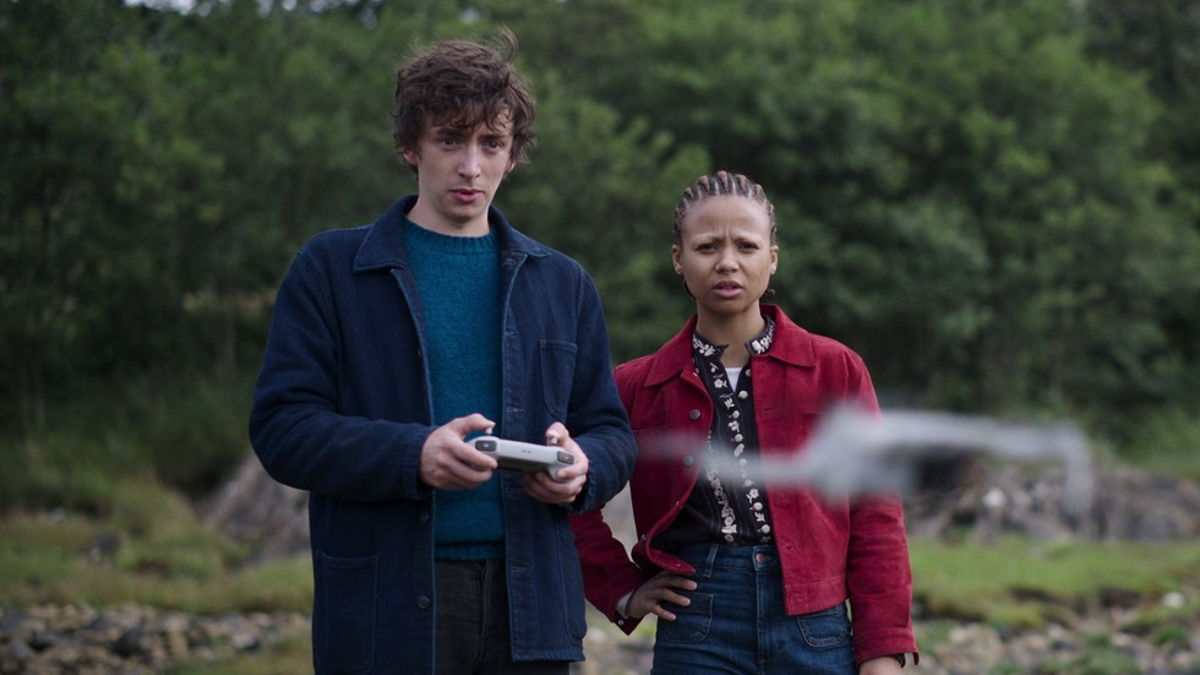
As much as “Demon 79” was brilliant, people tend to watch Black Mirror for that empty, desolate feeling that the end of an episode can give you, and in “Loch Henry” we get that in spades. The film follows Davis and Pia, two filmmakers and romantic partners who are heading to Davis’ idyllic but isolated hometown in the wilds of Scotland. Pia soon learns that the gorgeous town is suffering from a lack of tourist dollars as a horrific serial killer once lived there. The pair decide to make a film investigating the killer, only for it to transpire that Davis’ mother and now-deceased, ex-policeman father, was also involved in the sadistic torture and murder of all the victims. The episode ends with Pia’s death and Davis winning a BAFTA for his part in the documentary about his parents’ links to the crimes, only for him to return to an empty hotel room where he has to sit with the implications of what his mum and dad did.
Although not directly technology focused, this episode really gets to grips with the exploitative and damaging nature of true crime, both for those who are obsessed with it and those who were at the center of crimes that become curiosities. The final few scenes are among the most chilling, despite all being celebratory — especially one where numerous revelers have donned a masquerade mask that Davis’ mother wore while torturing victims. Definitely don’t watch this if you want a fun, wholesome day afterward.

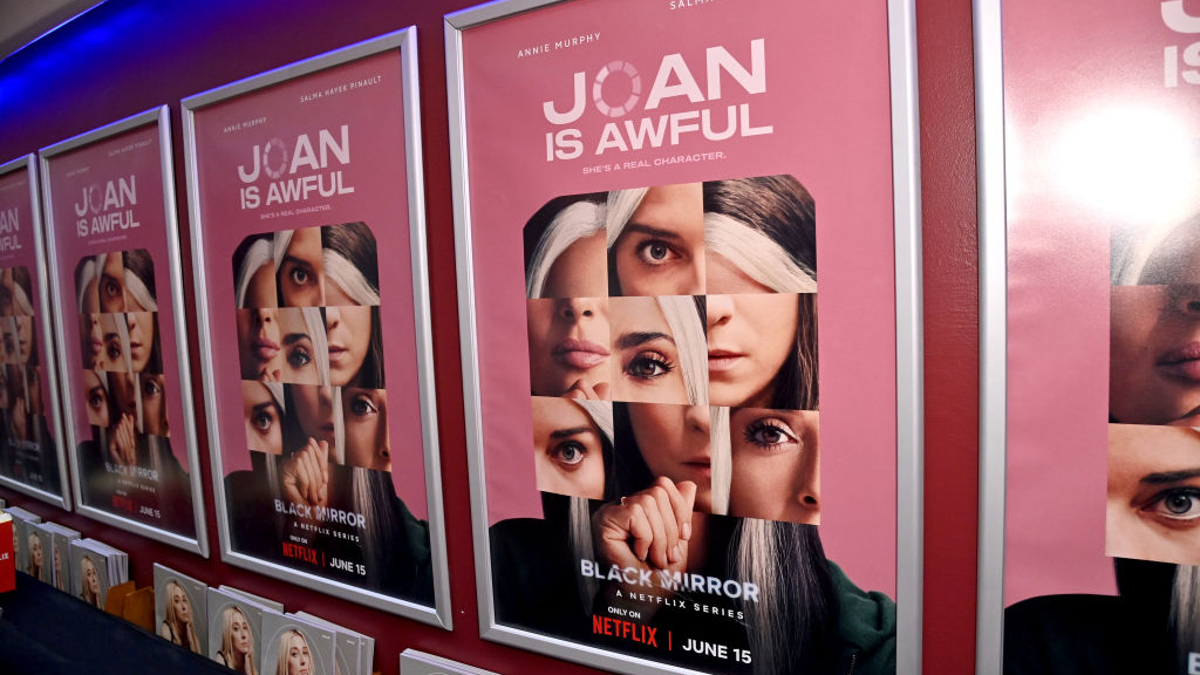

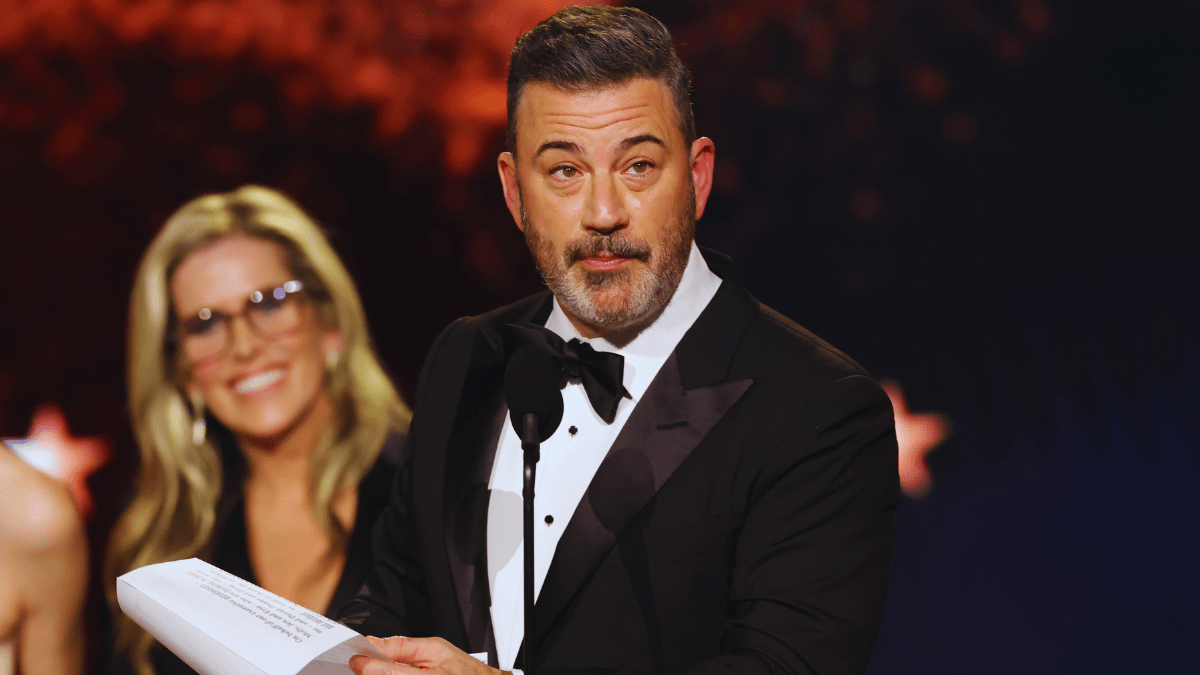
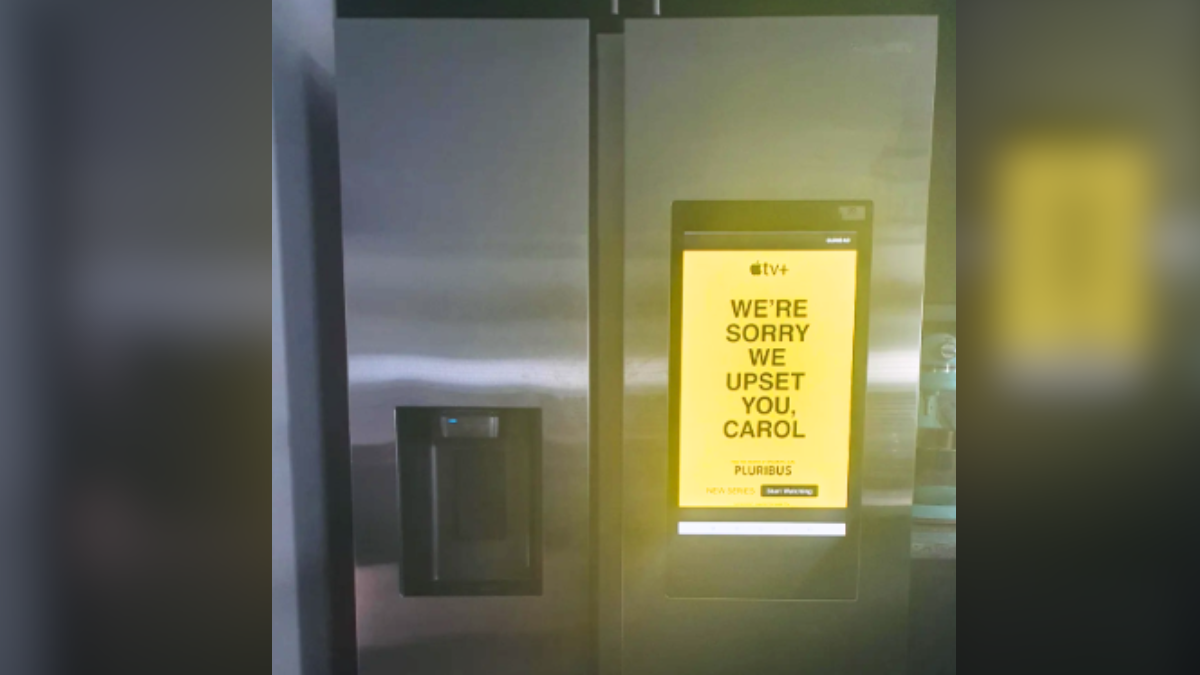


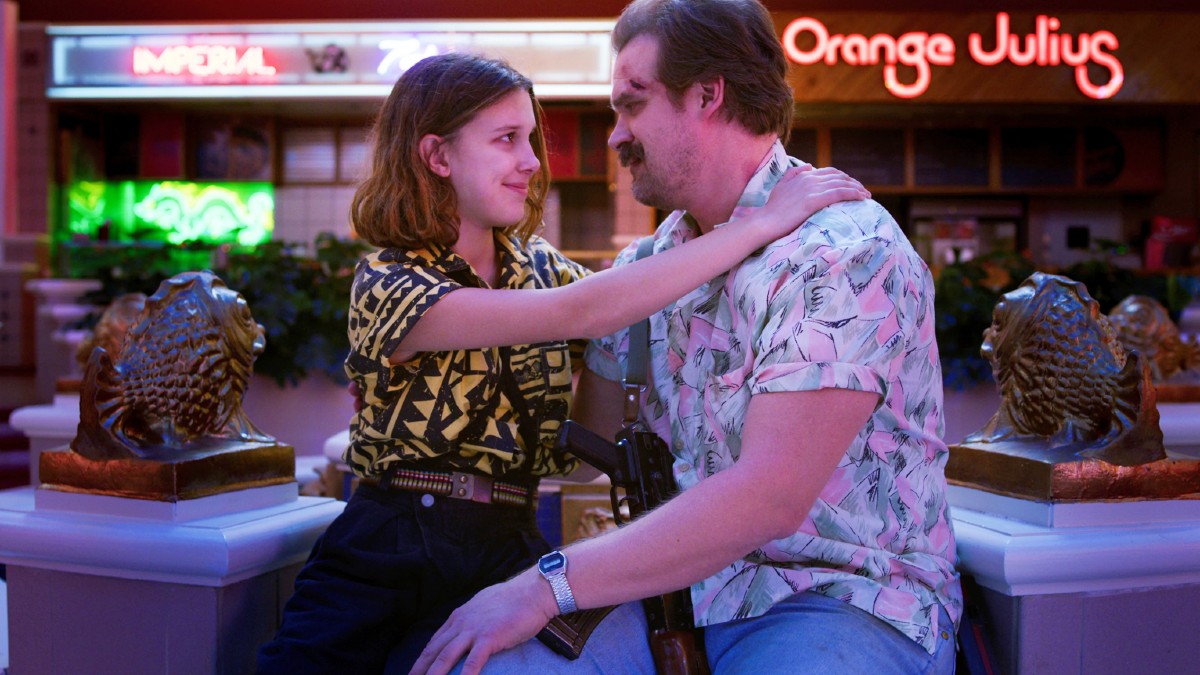

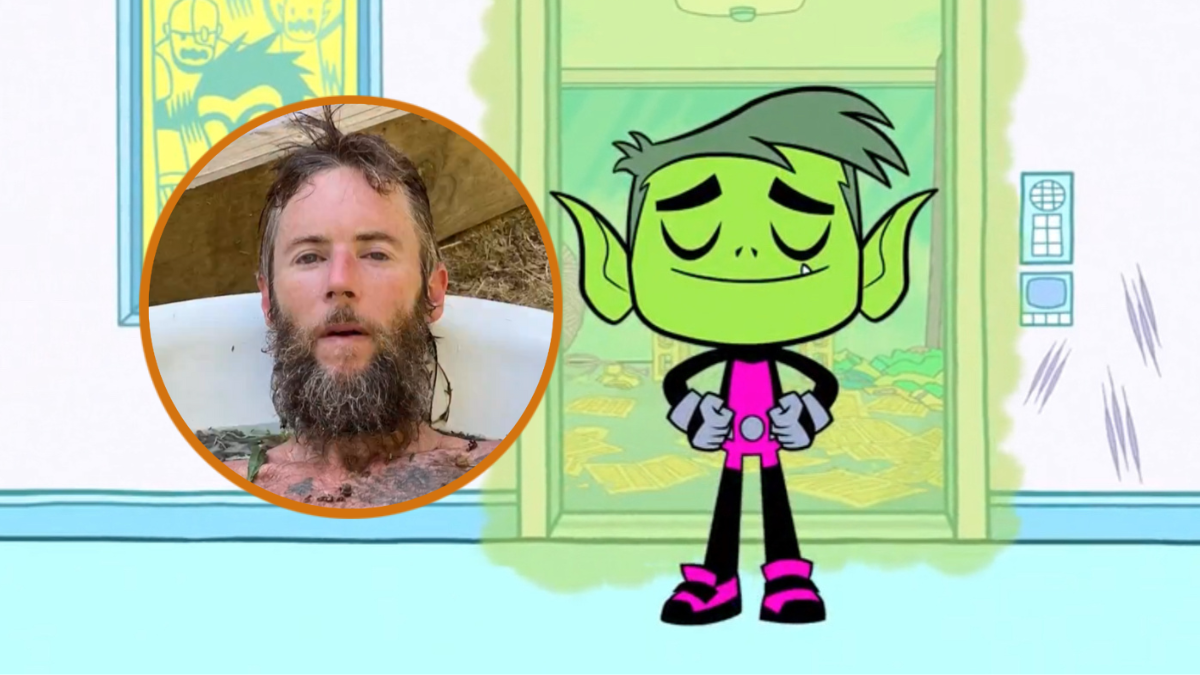
Published: Jun 16, 2023 08:09 am